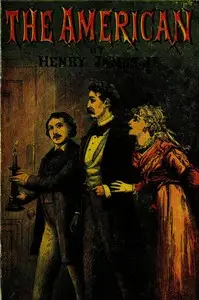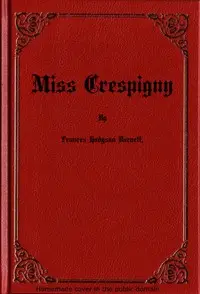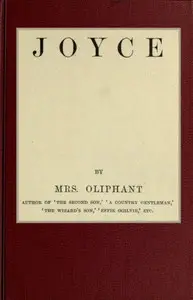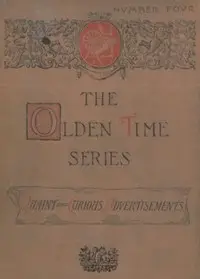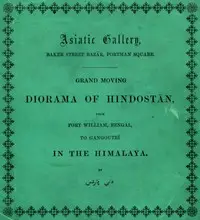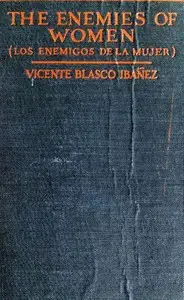"The Beautiful Miss Brooke" by Louis Zangwill is a late 19th-century novel that presents the story of Paul Middleton, a young man searching for his purpose, who becomes fascinated by the captivating Miss Brooke, an American girl. Taking place amidst social gatherings and personal goals, the story focuses on love, identity, and the contrast between American and British ways of life. The story begins at a ball, where Paul feels like an outsider but meets the intriguing Miss Brooke. Their first conversation reveals different views on dance and social relationships, as Paul grows increasingly interested in her energy and American personality, paving the way for a deeper connection. The story atmosphere shows Paul's internal conflict with social rules and his growing feelings for Miss Brooke, creating a complicated emotional journey as he explores their developing relationship. This beginning part captures the heart of a romantic exploration, inviting readers into a world where love and finding yourself are connected.
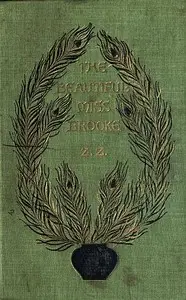
The Beautiful Miss Brooke
By Louis Zangwill
Amidst societal expectations, a young Englishman finds himself drawn to a captivating American woman, sparking a journey of self-discovery and romance.
Summary
About the Author
Louis Zangwill was an English novelist; born at Bristol, England. He was educated at Jews' Free School, and for a time acted as teacher there, but left together with his brother, Israel Zangwill, and set up a printing establishment. Afterward, however, he turned to literature, and produced, under the pseudonym "Z. Z.," "A Drama in Dutch", which attracted some attention for its local color. It was followed by "The World and a Man" (1896), "The Beautiful Miss Brooke" (1897), and "Cleo the Magnificent" (1899), all distinguished by a certain realistic vividness and somewhat cynical sense of humor. He also produced a more sympathetic study, "One's Womenkind".
Louis Zangwill was an English novelist; born at Bristol, England. He was educated at Jews' Free School, and for a time acted as teacher there, but left together with his brother, Israel Zangwill, and set up a printing establishment. Afterward, however, he turned to literature, and produced, under the pseudonym "Z. Z.," "A Drama in Dutch", which attracted some attention for its local color. It was followed by "The World and a Man" (1896), "The Beautiful Miss Brooke" (1897), and "Cleo the Magnificent" (1899), all distinguished by a certain realistic vividness and somewhat cynical sense of humor. He also produced a more sympathetic study, "One's Womenkind".




